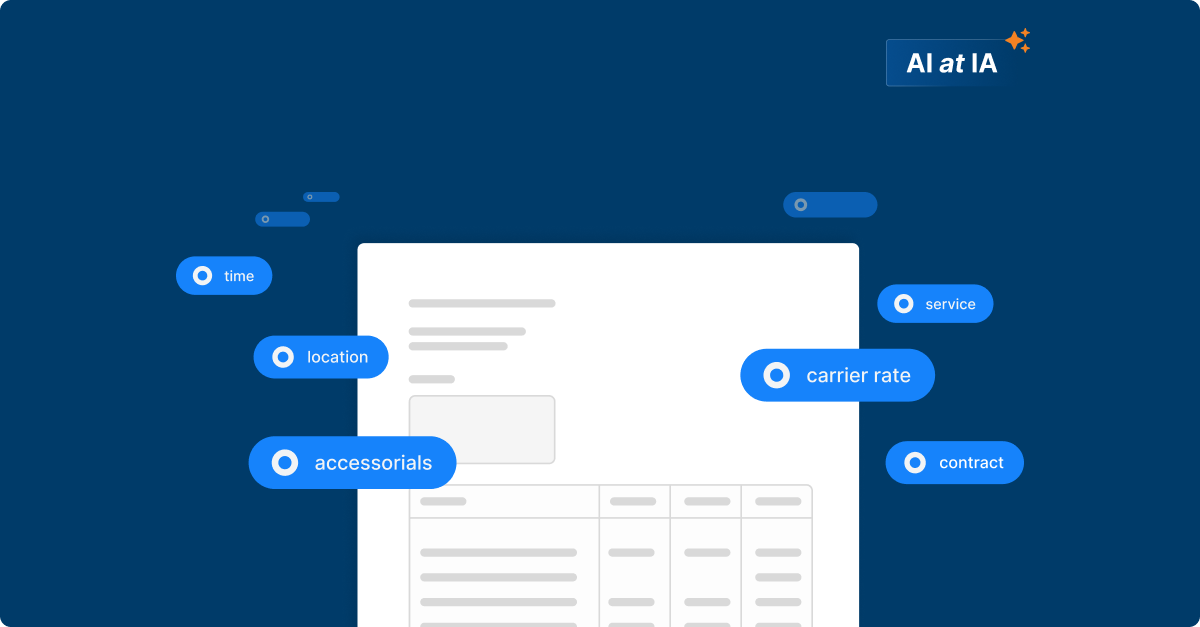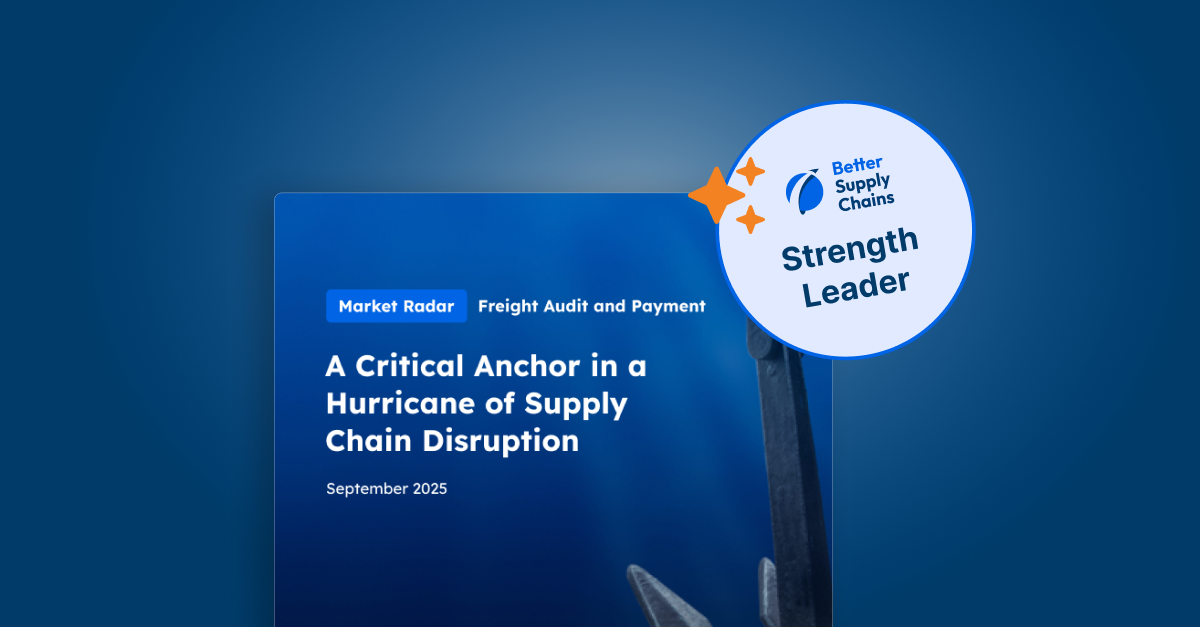5 Risks Associated With Traditional Freight Bill Payment Practices

Just as spring signals a time full of blossoms and allergenic sneezes, changing seasons can cause people to reflect on traditions. While many traditions produce warm memories, some belong in the past. Today, much of the freight industry believes the traditional freight invoice audit and payment practices are in the latter category. The Journal of Commerce adds, "The thorny issue of freight invoice accuracy has dogged virtually every buyer of capacity, but a wave of investment in recent months into payment technology providers serving the forwarding industry is a sign that venture capital firms think it is a solvable problem." As companies inside and out of the supply chain challenge the norms in freight bill payment, shippers can unlock a path to big savings with a proper understanding of using traditional methods in modern times.
Traditional Payment Methods Are Complex and Confusing
Over 40 years ago, the Motor Carrier Act of 1980 deregulated interstate trucking. Although this decreased pricing for shippers at the time, it also let freight bill payment regulations fly out the window. Today, individual companies decide on their rate structures across all transportation methods. As a result, this creates complications for shippers on regular shipments where it's easy to get overcharged amidst basic rate factors, equipment variables, and accessorial costs—this opportunity for error increases when working with parcel reverse logistics or other specialized shipments.
Errors Can and Often Do Happen Due to Shortcuts in Processing
There is no need to take shortcuts in freight invoice audit and payment when an automated, ROI generating service exists. Manually auditing freight bills is nearly impossible to do at scale, having people check every line item against contracts and to validate that they should have been billed in the first place is a waste of time and money.Accessorials costs consume many lines on an invoice, consolidating them into one fee minimizes the opportunity for shippers to see if related rates are increasing along with fuel surcharges. Modern machine learning technology, such as automated anomaly detection, was designed to address these errors.
Shippers Can Spend Too Much Time on Processing
In the Western world, the phrase "time is money" is an adage that marks the business sphere. The direct and indirect costs associated with processing freight bill payments in-house are astronomical. Despite the increasing releases of supply chain technology that claim to save time and human resources, shipping companies can find it challenging to differentiate between authentic help and a waste of time. The workforce consumed by freight bill payment processing should be put to better use within the company to build for generations to come.
Payment Delays or Errors Can Result in Poor Carrier Relations
As shipping companies think creatively to address the talent shortage, it's vital to nourish current carrier relationships. Although many business relationships build due to proximity, aligned goals, and the like, a steady stream of expected income and related services holds the partnership. Poor freight bill payment visibility can turn into poor collaboration over time when other shipping companies are willing to offer new freight contracts with transparent payment agreements in addition to the fees associated with not paying your carriers on time and in full. Shippers need to realize the impact of appropriate payment solutions on carrier capacity and partnerships.
A Cheaper Solution Doesn't Always Mean a Better Solution
Today, consumers face significantly rising costs with everything from items as small as oranges to bigger ticket products such as vehicles or homes. Although consumers should consider rising costs during goods and services purchases, it's essential to understand that the cheapest solution is not always the best. When shippers analyze their freight bill payment process thoroughly, it's easier to optimize transportation spending instead of passively letting better opportunities pass them.
For example, a less-invasive audit might reveal some opportunities for savings, but a comprehensive audit can help shippers figure out which modes and lanes are best for each shipment. These actionable insights mean knowing when to apply zone-skipping, ensuring datasets are reflecting reality correctly, and creating a more strategic approach to transportation execution.
Boost Efficiency With Secure Freight Invoice Audit and Payment From Intelligent Audit
Sometimes the most straightforward traditions bring comfort simply due to their familiarity. Trying something new can be intimidating. However, the benefits are untapped if never attempted. While modern freight bill payment methods may be uncharted territory for many, Intelligent Audit has used its expertise and experience to address nearly every challenge across the industry. Contact Intelligent Audit today to learn more about how they can provide better data to enable you to make better decisions with your freight bill payment.



